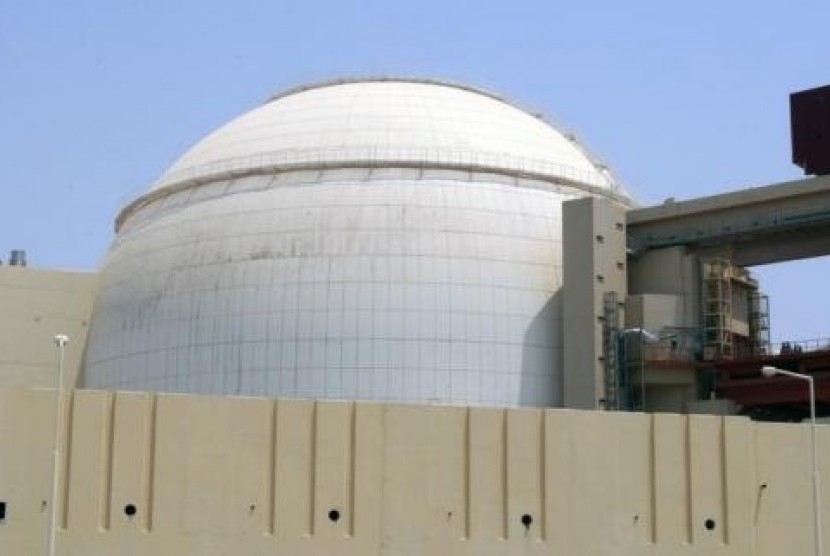REPUBLIKA.CO.ID, VIENNA -- Iran and world powers failed in an enormous diplomatic push to seal a landmark nuclear deal by a Monday deadline, deciding instead to give themselves seven more months to reach agreement.
Iran and the five permanent members of the UN Security Council plus Germany will seek to strike an outline deal by March 1 and to nail down a full technical accord by July 1, officials said.
"We have had to conclude that it is not possible to get to an agreement by the deadline that was set for today (Monday) and therefore we will extend... to June 30, 2015," British Foreign Secretary Philip Hammond said in Vienna.
"There will be further meetings in December. Our target is to reach a headline agreement, an agreement on the substance, within the next three months or so" and all technical aspects by July 1, he told reporters.
In the best chance to resolve the 12-year standoff over Iran's nuclear programme, the so-called P5+1 world powers have been for months seeking to turn an interim deal with Iran that expires at midnight (2300 GMT) into a lasting accord. Such an agreement is aimed at easing fears that Tehran will develop nuclear weapons under the guise of its civilian activities, an ambition Iran denies.
It could see painful sanctions on Iran lifted, silence talk of war and represent a much-needed success for both US President Barack Obama and his Iranian counterpart Hassan Rouhani.
A deal could begin a process in which the "the relationship between Iran and the world, and the region, begins to change," Obama said in an ABC News television interview Sunday.
But a last-ditch diplomatic blitz in Vienna in recent days involving US Secretary of State John Kerry and other foreign ministers failed to bridge the remaining major differences. This included seven meetings since Tuesday between Kerry and his Iranian counterpart, Mohammad Javad Zarif, and numerous other gatherings in the Austrian capital.
"Despite good conditions, despite a very constructive negotiating atmosphere, we didn't get as far as we would have wished," German Foreign Minister Frank-Walter Steinmeier.
Diplomats say that, despite some progress, both sides remain far apart on two crucial points: uranium enrichment and sanctions relief. Israeli Prime Minister Benjamin Netanyahu on Sunday warned world powers against making a "historic mistake" in the talks.
"A bad deal would enable Iran to remain with thousands of centrifuges, which it could use to enrich uranium, which is what you need for a nuclear bomb," he told ABC News.
Israel is believed to have around 200 nuclear warheads. Israel never denies nor confims it.


